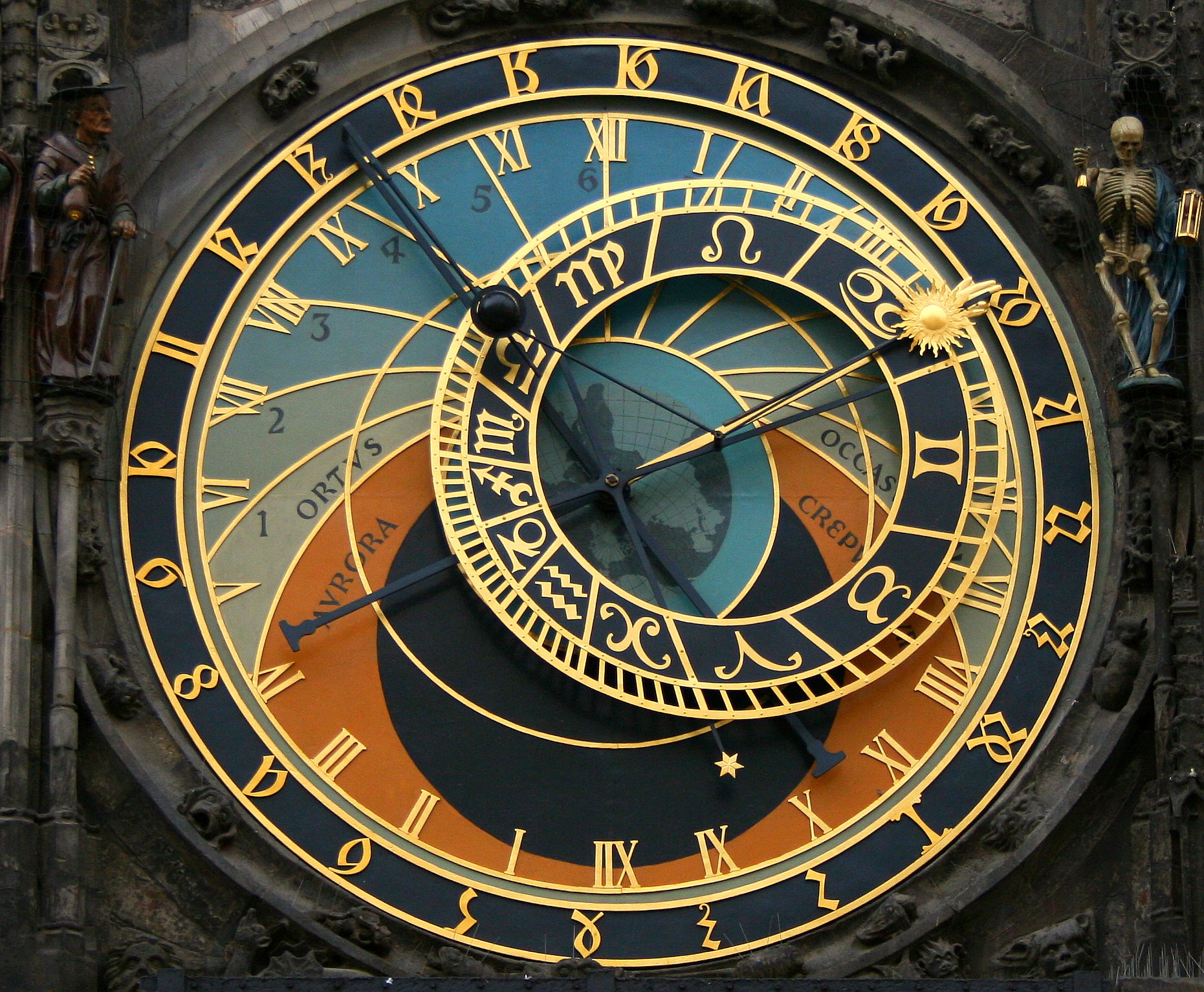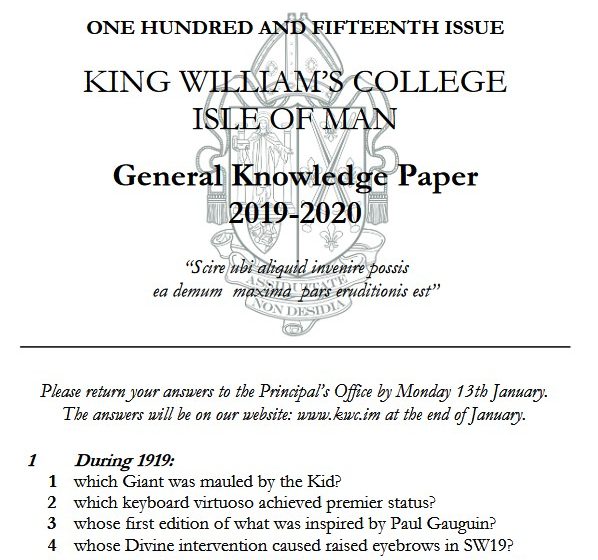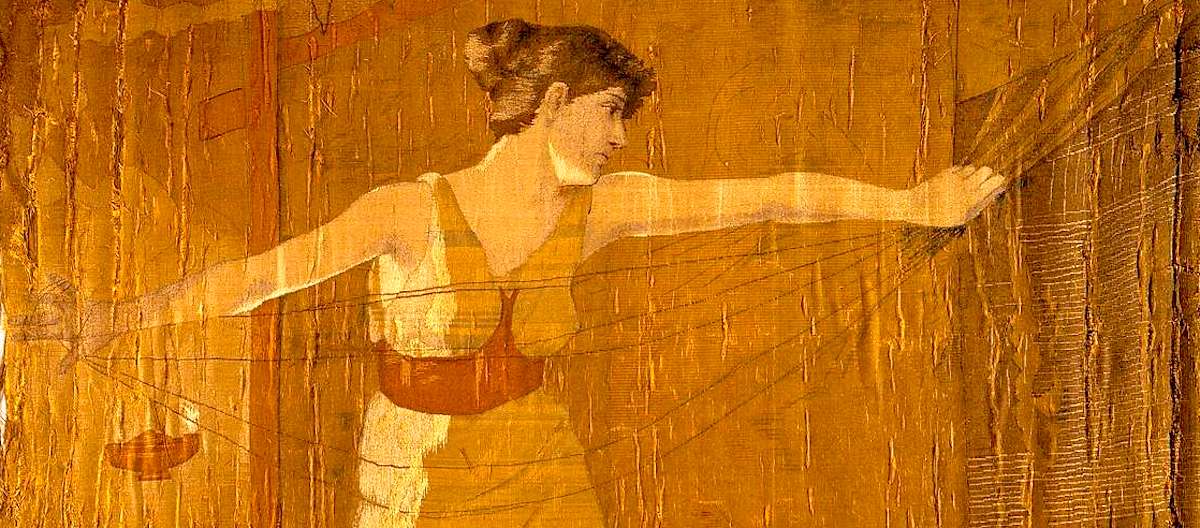Once again we come to our monthly collection of links to items you missed the first time round and which you’ll find interesting. This month we have a well packed collection (lots of science and lots of history), so it’s straight in the deep end.
Science, Technology, Natural World

Astronomers still think there’s a large planet out beyond Pluto, so of course they’re still hunting for it (artist’s impression above).
So when you have this new vaccine how are you going to package it? Pharmaceutical Chemist Derek Lowe takes a look.
Many plants have stingers (think, stinging nettles), and it seems they have achieved optimal pointiness. [£££]
Oh dear! It seems likely the world’s smallest dinosaur is a lizard. [£££]
Ornithologists are revealing the long-distance travels and longevity of British birds.
Scientists still don’t know how birds navigate, though it is likely magnetic and they’re narrowing down the options.
30 years ago Red Kites were reintroduced to the Chilterns to the west of London, and this has proven to be a huge conservation success. (I’m 30 miles east of the release area, and in suburban London, and I now regularly see Red Kites over this area.)
Where have all our swifts gone? Are they on the Grand Tour?
There’s a growing realisation that old paintings can provide valuable information about agriculture both livestock and arable. [£££]
Here’s a brief look at the chemistry of cat allergies, catnip and cat pee.
Health, Medicine
How on Earth do you do surgery in the weightlessness of space without having bits of body floating around?
I find this hard to believe, but seemingly damaged human lungs can be revived for transplant by connecting them to a pig. [£££]
Researchers are worried that a new swine flu identified in China has pandemic potential.
Researchers are also looking at the potential for using magic mushrooms to help ex-soldiers overcome trauma.
Art, Literature, Language
Where are the bones of Hans Holbein? Jonathan Jones went looking, but we still don’t know. [LONG READ]

An astronomer has finally(?) pinpointed the exact date and time of Vermeer’s “View of Delft” (above).
The British Library has acquired an important archive of Mervyn Peake‘s original illustrations, preliminary drawings and unpublished early works (example below).
History, Archaeology, Anthropology
Archaeologists have uncovered stone tools which they believe show that humans occupied the Americas around 33,000 years ago – that’s over 10,000 years earlier than previously thought.
Work on the UK’s HS2 rail link has unearthed the skeleton of a possible iron age murder victim.
Drinking games have a long history. Michael Fontaine, in History Today, takes a look.
 So how old is the Cerne Abbas Giant (right)? New archaeological thinking by the National Trust suggests it is not prehistoric.
So how old is the Cerne Abbas Giant (right)? New archaeological thinking by the National Trust suggests it is not prehistoric.
Our favourite medieval historian, Dr Eleanor Janega, takes a look at colonialism, imperialism, and the perils of ignoring medieval history. [LONG READ]
Going Medieval also take a brief look at the medieval obsession with the Moon.
A look at the symbolism of the medieval haircut. Scissors or sword, Sir?
Coming closer to our time, apparently Georgian London was a haven for sexual diseases.
Even closer to home, a look at what happened on the morning of the first nuclear test in 1945. [LONG READ]
And almost up to date, the purrrplexing story of the British Museum cats.
ARCHI is a UK archaeological site containing old maps (largely Victorian, it seems) which you can overlay on the current map to see what was there before we were.
London
Here are two pieces from the History of London on the area to the east of the Tower of London. First, the St Katherine’s area, and second the development of the area around Stepney.
Going Medieval (again) introduces us to the magnificent Agas Map of London (it’s detailed and zoomable!) as well as the lfe of medieval and early modern cities. [LONG READ]
Lifestyle, Personal Development, Beliefs
And finally for this month … Dungeness is one of my favourite places and the late Derek Jarman’s cottage and garden (thankfully saved for the nation) is an absolute delight (below). Now there’s an exhibition about Jarman’s garden at the Garden Museum in London.

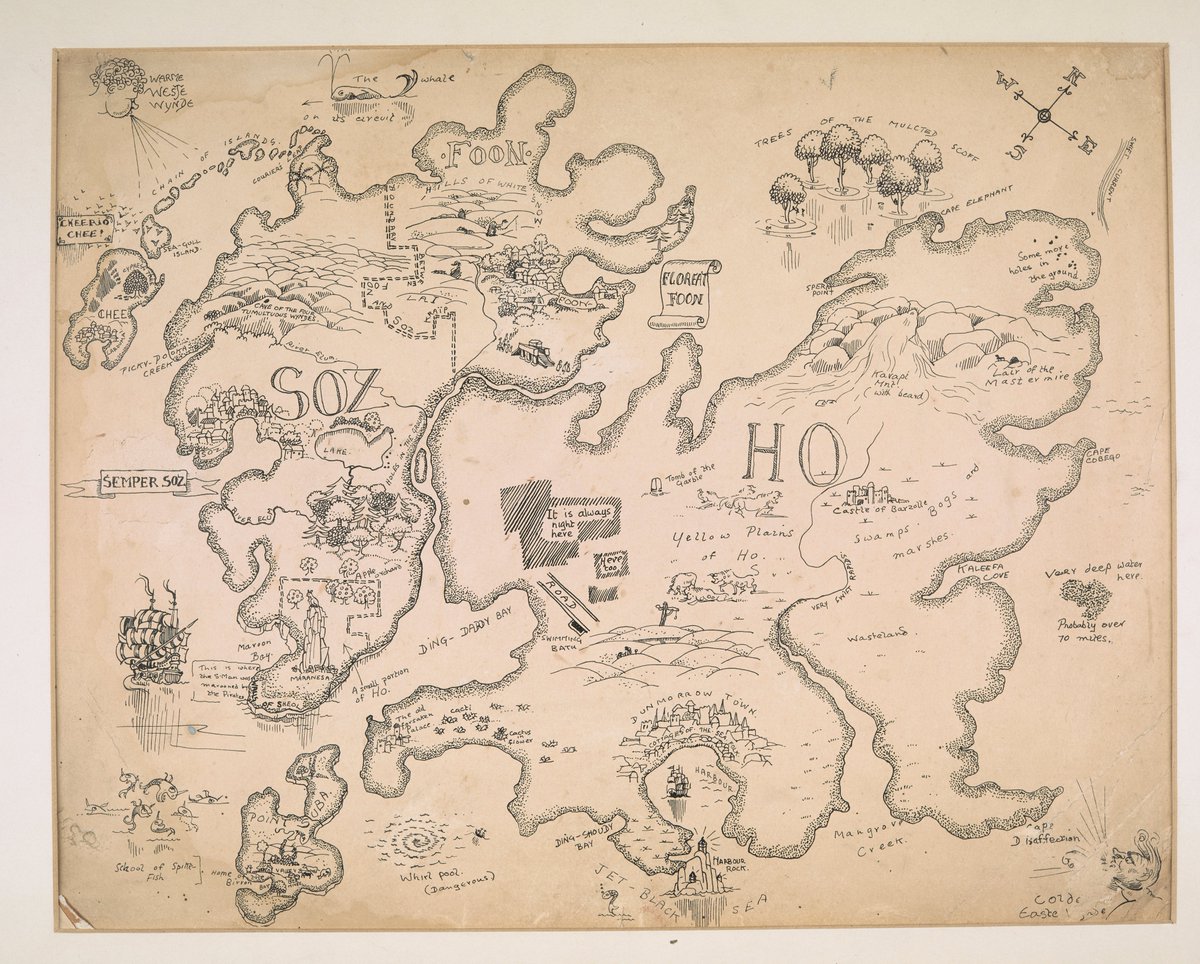

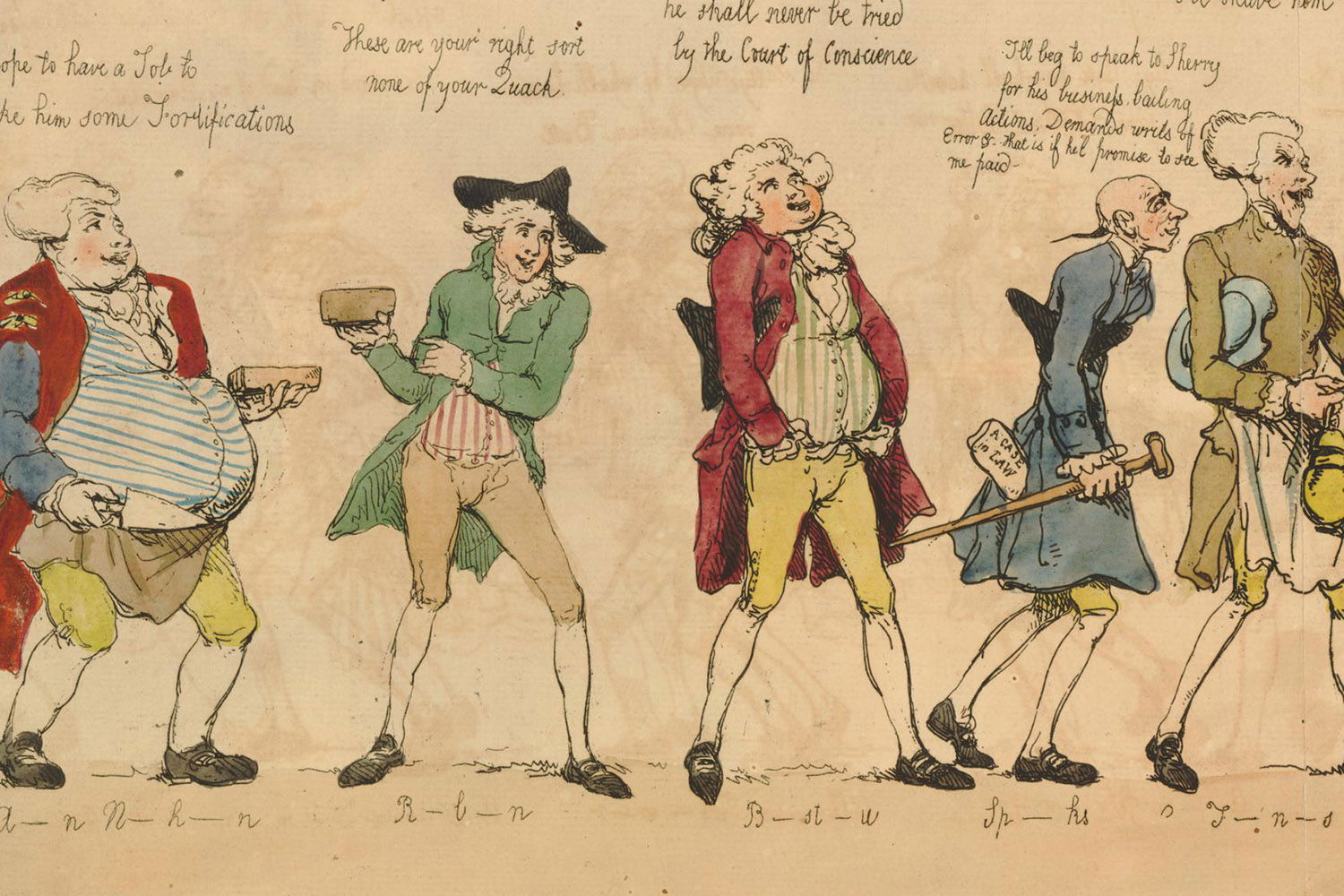








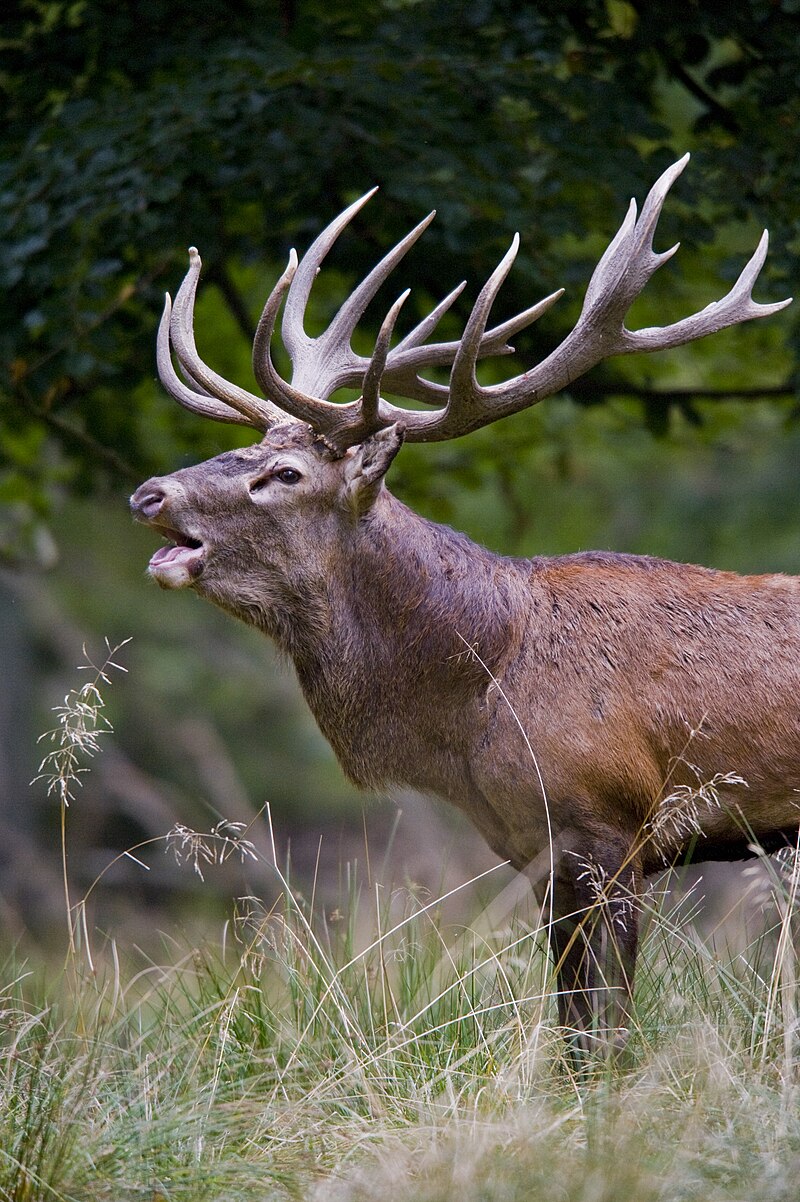
 Katherine Rowland talked to 120
Katherine Rowland talked to 120 